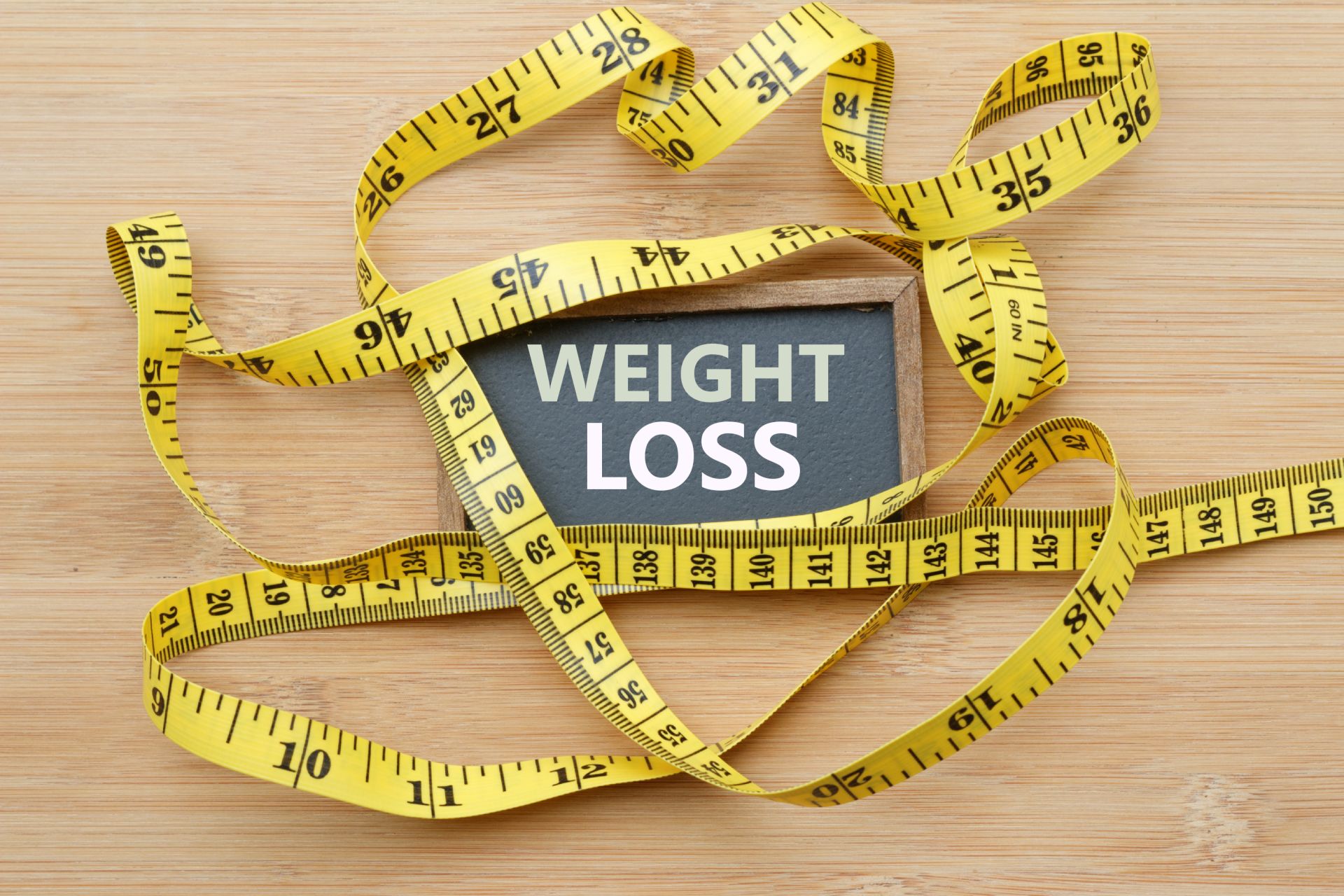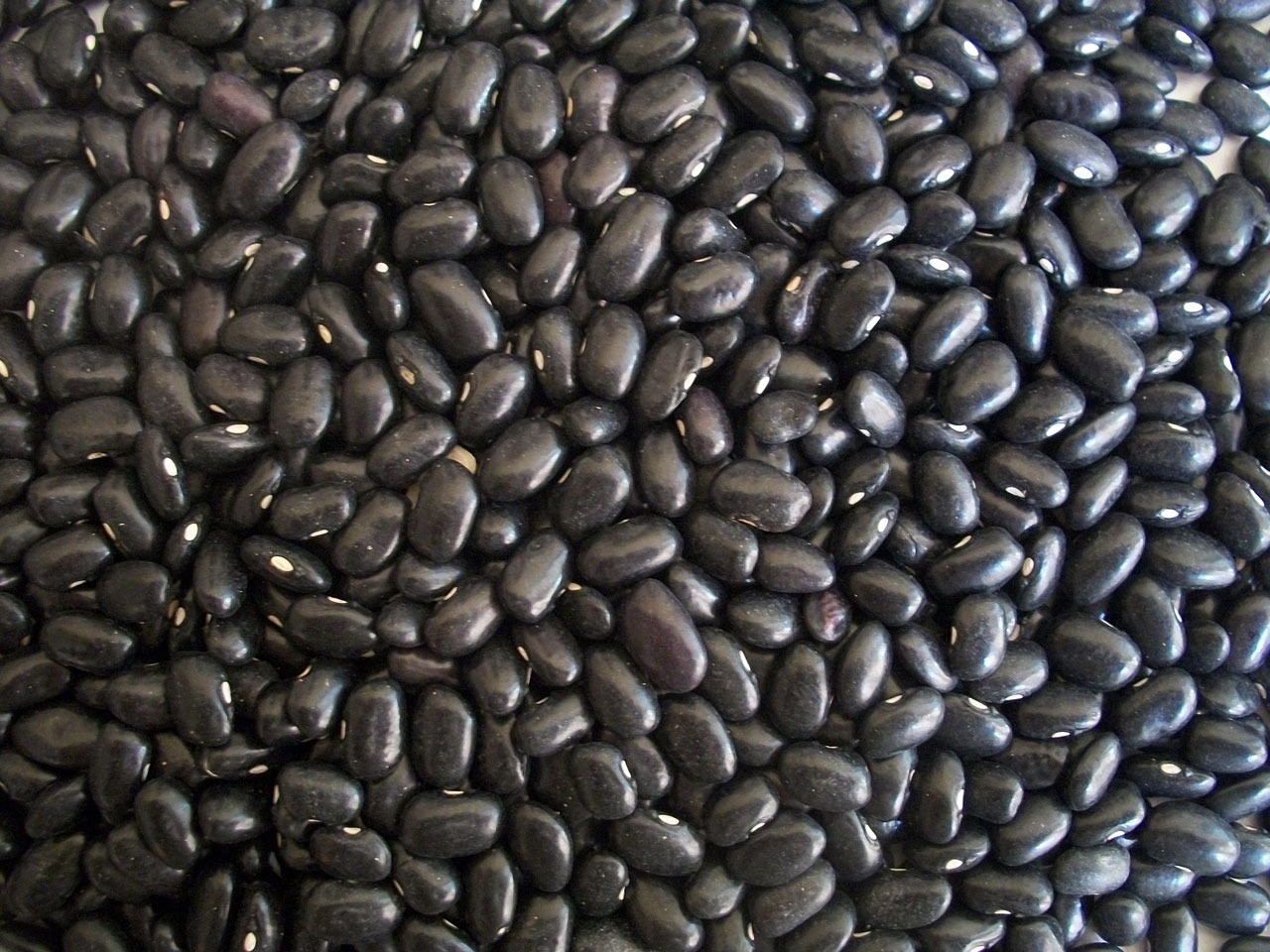
The environmental changes that have taken place in recent years have meant that many people today lead predominantly sedentary lifestyles and regularly consume highly processed and calorie-rich foods that are particularly appealing in taste. The consequence of these changes is an ever-increasing number of people struggling with overweight and obesity, who are increasingly looking for an effective way to reduce excessive weight. Let's find out what are the biggest reduction mistakes made by people who want to lose weight at any cost.
- Eating too many calories in the diet
- Frequent snacking between meals
- Giving up your diet on weekends
- Frequent eating at restaurants
- Following a very low-calorie diet
- Low levels of physical activity
- Sleep deprivation
Eating too many calories in the diet
The biggest mistake on a reduction is consuming too many calories in the diet in relation to the actual total daily energy requirements. This is most often due to an incorrectly calculated total metabolic rate (CPM), a misplaced caloric deficit, the lack of a well-planned diet plan and failure to keep a food diary, i.e. a record of all meals and drinks consumed during each day (e.g. in a special app). In addition, many people have trouble estimating the portions of the various foods they regularly eat in their diet. There are considerable discrepancies between grams:
-
rolls,
-
slices of bread,
-
a tablespoon of oil,
-
fresh fruit,
-
potatoes,
-
a cup of flour, pasta, porridge, cereal, rice,
-
a teaspoon of butter (including peanut butter), soft margarine, guacamole paste and hummus,
-
cubes of chocolate,
-
handfuls of nuts, almonds, pumpkin seeds, sunflower seeds and dried fruits.
The accumulation of extra calories throughout the week due to inaccurate estimation of portions of frequently consumed foods in the diet can undoubtedly hinder effective reduction of excessive body weight.
Frequent snacking between meals
Another very serious mistake on reduction is the high frequency of reaching for small-volume snacks between main meals and the regular consumption of caloric beverages (e.g. coffee with full-fat milk and sugar, tea with honey or raspberry juice, sweet sodas). Many people have a habit of snacking between meals on such foods as fresh and dried fruits, drinkable yogurts, nuts, almonds, pumpkin seeds, sunflower seeds, chocolate, candies, cookies, pralines, rice wafers, cereal bars, sticks, crackers, pretzels, chips, crisps and salted peanuts, among others. Snacking is a common mistake on a reduction, which definitely hinders the generation of the caloric deficit needed for effective weight loss.

Giving up your diet on weekends
One of the biggest mistakes on a reduction is to follow a diet only from Monday to Friday and make dietary deviations on weekends. Over-consumption of alcoholic beverages and consumption of sweets, salty snacks, fast-food dishes and sugary sodas during weekend days usually nullifies all the effort put into sticking to a reduction diet and performing regular exercise during the workweek. This is because lavish weekend parties tend to provide very large amounts of calories from highly processed foods and alcoholic beverages (1 g = 7 kcal).
Frequent eating at restaurants
Eating a significant number of meals at restaurants, fast food outlets or with family and friends undoubtedly makes it difficult to accurately estimate the number of calories and macronutrients consumed not only during a single day, but also during an entire week. Frequent eating out is quite common, especially on weekends, and can be a cause of weight loss failure.
Following a very low-calorie diet
A serious mistake for reduction is also long-term adherence to a diet with very low calories (e.g. 1000-1200 kcal) and low protein content (no more than 0.8-1.0 g per kg of total body weight). Adherence to a very low-calorie diet for several weeks or more may lead to ineffectiveness in reducing excess body weight. This is probably related to the intensification of adaptive thermogenesis, which reduces the hormonal activity of the thyroid gland, lowers the energy expenditure of the body and stimulates the sympathetic part of the autonomic nervous system, responsible for mobilizing the body in a stressful situation.
Low levels of physical activity
It is difficult to achieve significant weight reduction when the amount of physical activity on a weekly basis is low. The result of a low level of physical activity is a low amount of calories expended by the body, which translates into great difficulty in the long-term maintenance of a negative caloric balance, necessary for successful fat reduction. We are talking here not only about scheduled workout activities (including gym, pool, dance, yoga, spinning, Zumba, Pilates), but also spontaneous physical activity (such as walking, cleaning, carrying objects, shopping at the store, playing with the child, walking the dog, singing, playing musical instruments, DIY).
Sleep deprivation
A big mistake on reduction is also neglecting sleep. An ever-increasing number of scientific studies quite consistently show that a low amount of sleep (less than 7 hours per night), as well as poor quality sleep, can hinder effective reduction of excess body weight. Sleep has an important effect on the release of hormones involved in regulating food intake and body composition, such as insulin, leptin and ghrelin, among others.
Sources:
-
Kim JY: Optimal Diet Strategies for Weight Loss and Weight Loss Maintenance. J Obes Metab Syndr. 2021 Mar 30;30(1):20-31.
-
Hall KD, Kahan S.: Maintenance of Lost Weight and Long-Term Management of Obesity. Med Clin North Am. 2018 Jan;102(1):183-197.
-
Hall KD, Farooqi IS, Friedman JM, et al: The energy balance model of obesity: beyond calories in, calories out. Am J Clin Nutr. 2022 May 1;115(5):1243-1254.
-
Hall KD, Schoeller DA, Brown AW: Reducing Calories to Lose Weight. JAMA. 2018 Jun 12;319(22):2336-2337.
-
Hall KD.: Energy compensation and metabolic adaptation: 'The Biggest Loser' study reinterpreted. Obesity (Silver Spring). 2022 Jan;30(1):11-13.
 ⮜ Previous article
⮜ Previous article
WPC - all about whey protein concentrate
 Next article ⮞
Next article ⮞